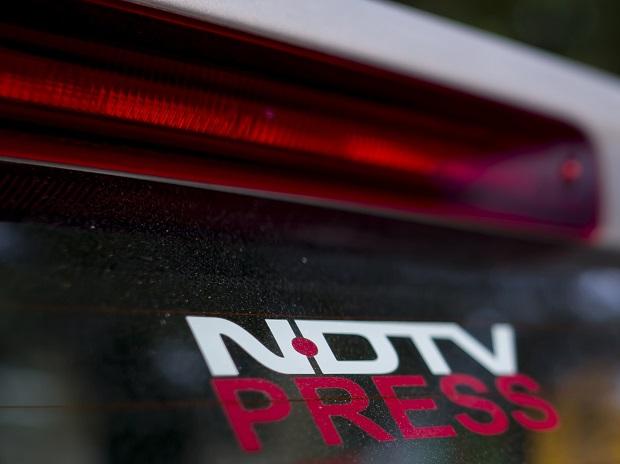The sweetener offered by billionaire Gautam Adani’s conglomerate to the once-defiant founders of New Delhi Television Ltd. could test India’s takeover regulations that require all shareholders to be paid the same price by an acquirer.
Founders Prannoy Roy and Radhika Roy sold 27.26% of their equity in NDTV to Adani-controlled RRPR Holding Pvt. at 342.65 rupees ($4.1426) per share, according to an exchange filing Friday — an almost 17% mark up to what minority shareholders received in an open offer that closed Dec. 5. The transaction, that will boost their stake in NDTV to 64.7%, was announced last week.
Despite acquisition regulations mandating that all exiting shareholders be paid the same price, the Adani-Roy share transfer is exempt from the takeover rules and allowed to pay the premium since it’s through vehicles linked to the company’s owners.
While the deft legal move shows the ingenuity of the tycoon and his dealmakers in clinching acquisitions — Adani’s entry into NDTV four months ago was also via an indirect route — it could invoke the regulator’s scrutiny on grounds that it is unfair to common shareholders.
NDTV’s shares rose as much as 5.8% during trading in Mumbai, pushing this year’s surge to 203%.
Besides the risk that this higher payout to Roys may trigger scrutiny by India’s market regulator, the deal spotlights the risk appetite and aggression of Asia’s richest person as he rapidly expands his empire from ports and power plants to airports, cement, data centers and media.
Adani told The Financial Times in a November interview that he wants to make NDTV into a global media powerhouse. In an interview with a local news channel this week, he said NDTV will remain editorially independent.
Adani is relying on two technicalities in India’s market regulations to stitch this deal, according to Rajat Sethi, partner at law firm S&R Associates.
First, the transaction is a so-called inter-se transfer — share sale between entities linked to NDTV’s owners — that allows paying a premium to the current market price. Adani meets this condition only because he’s using RRPR Holding — an existing NDTV holding company — to purchase the Roys’ shares.
RRPR’s ownership changed to an Adani Group firm recently but that doesn’t alter anything since the Indian regulation doesn’t consider changes at the holding company level, Sethi said.
18 Days Gap
The second technicality is that Roys’ share sale to Adani was announced 18 days after the close of the open offer that was priced much lower. If the deal was negotiated between the Adani Group and Roys after the open offer closed, then the local takeover code’s requirements won’t bite.
“If the agreement with the Roys at a higher price had been in existence earlier, the position would have been different,” Sethi said.
Yet, India’s takeover law also mandates that all exiting shareholders should be paid the same price if they are selling to the acquirer within 26 weeks of the open offer ending.
That will come up against the exemption Adani’s deal enjoys.
(Updates with the per share price Adani Group paid the Roys in the second paragraph.)
–With assistance from Anirban Nag.
Note:- (Not all news on the site expresses the point of view of the site, but we transmit this news automatically and translate it through programmatic technology on the site and not from a human editor. The content is auto-generated from a syndicated feed.))




I do not even know how I ended up here, but I thought this post was
good. I do not know who you are but definitely you’re going to a famous blogger if you aren’t already ;
) Cheers!
It’s remarkable in favor of me to have a website, which is
useful for my knowledge. thanks admin
I don’t think the title of your article matches the content lol. Just kidding, mainly because I had some doubts after reading the article.